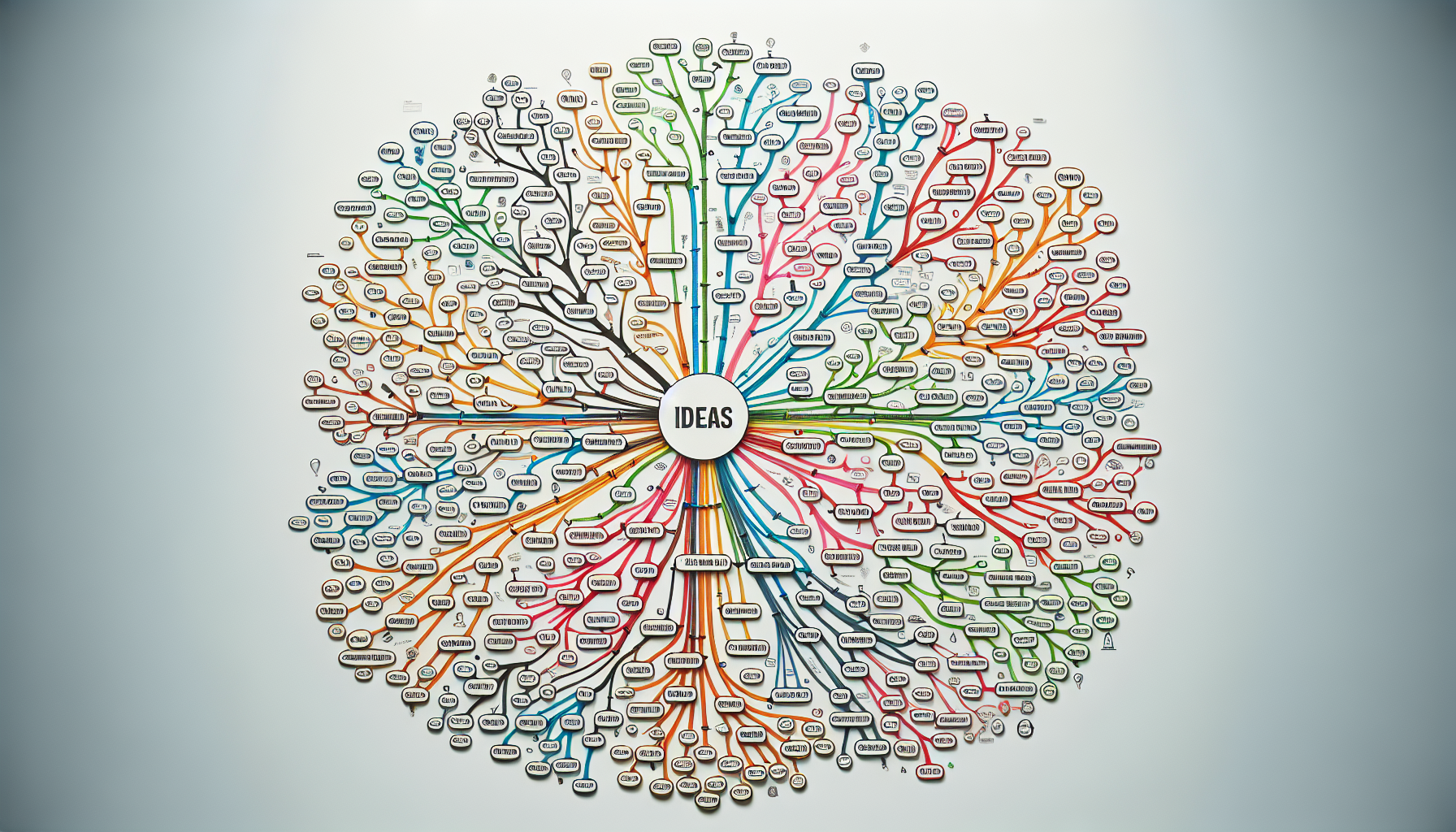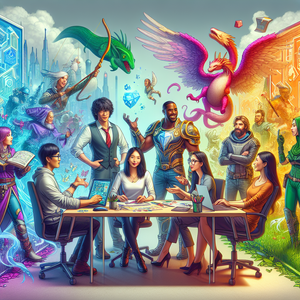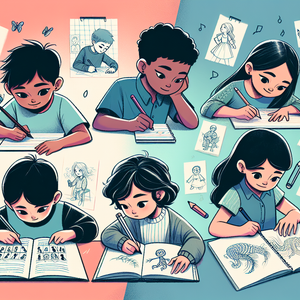The Influence of WWII on Music Careers

During World War II, music became an essential part of both the home front and the battlefield. With soldiers away from their families and facing the harsh realities of war, they sought comfort in songs that resonated with their experiences. Popular artists like Frank Sinatra, Bing Crosby, and Ella Fitzgerald rose to prominence as they provided a soundtrack that encapsulated feelings of longing, hope, and nostalgia. These artists understood the power of music to uplift spirits and rallied the nation during trying times. For example, Bing Crosby's rendition of "I'll Be Seeing You" became an anthem for soldiers and their loved ones, encapsulating the emotions surrounding separation and the hope for reunion. Crosby's ability to connect with audiences allowed him to reach unprecedented heights in his career, illustrating how wartime themes played a pivotal role in shaping his popularity. Similarly, Ella Fitzgerald’s heartfelt performances resonated with both soldiers and civilians, highlighting how music served as a universal language during a time of division.
Entertaining the Troops
The United States government recognized the importance of music in maintaining morale among troops. Many artists volunteered to perform for soldiers stationed both at home and overseas, understanding their role in providing respite from the harsh realities of war. The USO (United Service Organizations) became a vital platform for entertainers to bring joy to service members. Notable singers like Doris Day and Marlene Dietrich frequently graced USO shows, offering a much-needed break from the somber atmosphere of war. These performances not only entertained the troops but also solidified the artists' reputations as national treasures. Doris Day’s infectious energy and heartfelt performances made her a beloved figure among soldiers. Her song "Sentimental Journey," released during the war, resonated deeply with both soldiers and civilians, further increasing her popularity. The impact of these performances extended beyond the immediate joy they brought; they helped to foster a sense of unity and connection among Americans during a time of turmoil.
Boosting Post-War Careers
As the war came to an end, many artists who had gained recognition during this period found themselves with established careers. The exposure gained through performances and radio broadcasts during the war facilitated their transition into stardom. For instance, Frank Sinatra transitioned from a big band singer to a solo superstar, largely due to his popularity with soldiers and civilians alike during the war. His ability to capture the emotional landscape of the time allowed him to build a devoted fan base that would follow him for decades. Moreover, the wartime experience instilled in these artists a sense of purpose and connection with their audiences. The songs they performed often reflected the sentiments of the era, creating a lasting bond with listeners. This connection would prove invaluable as they navigated the post-war music landscape, which was eager for fresh talent and new sounds. Artists like Nat King Cole and Billie Holiday, who had begun their careers in the 1940s, leveraged their wartime experiences to build successful and enduring careers in the music industry.
The influence of World War II on the careers of iconic 1940s singers cannot be overstated. Music served as a vital lifeline during a period of uncertainty, providing comfort and entertainment to both soldiers and civilians. Artists who embraced this role not only boosted morale but also established themselves as household names. The experiences gained during the war, from performing for troops to engaging with the public through radio, allowed these singers to transcend their humble beginnings and become legends in the music industry. As we reflect on this pivotal moment in history, it becomes clear that the power of music to heal, unite, and inspire is as relevant today as it was then. The legacy of these artists reminds us of the profound impact that music can have in times of crisis and the lasting connections it can forge across generations. Through their resilience and creativity, these singers not only shaped their careers but also contributed to the cultural fabric of a nation emerging from the shadows of war.
Music Publicist
PR agencies specializing in entertainment, record labels, and independent artists
Core Responsibilities
Develop and execute PR campaigns for artists, focusing on media placements and public appearances.
Cultivate relationships with journalists, influencers, and industry professionals to secure coverage for artists.
Coordinate promotional events, album launches, and media interviews to enhance artist visibility.
Required Skills
Strong communication skills and media relations experience.
Familiarity with the music industry and current trends.
Ability to craft compelling press releases and promotional materials.
Event Coordinator for Music Festivals
Music festival organizers, event management companies, and arts councils
Core Responsibilities
Plan and execute logistics for music festivals, including venue selection, scheduling, and vendor management.
Collaborate with artists, sponsors, and local authorities to ensure smooth event execution.
Manage on-site operations, addressing any issues that arise during the event.
Required Skills
Strong organizational and multitasking abilities.
Experience in event planning or project management, preferably within the music industry.
Knowledge of contracts and negotiations with vendors and artists.
Music Licensing Specialist
Music publishing companies, film production studios, and advertising agencies
Core Responsibilities
Negotiate and secure licensing agreements for the use of music in various media, such as film, television, and commercials.
Ensure compliance with copyright laws and royalty distribution.
Maintain relationships with artists, record labels, and publishers to facilitate licensing deals.
Required Skills
Understanding of music copyright and licensing laws.
Strong negotiation and analytical skills.
Ability to communicate effectively with creative and legal teams.
Music Therapist
Hospitals, mental health facilities, schools, and private practices
Core Responsibilities
Utilize music as a therapeutic tool to address emotional, cognitive, and social needs of clients.
Develop individualized treatment plans based on the needs of clients, incorporating various musical activities.
Conduct sessions in diverse settings, including hospitals, schools, and rehabilitation centers.
Required Skills
A degree in music therapy and board certification.
Strong interpersonal skills and empathy.
Knowledge of different musical genres and therapeutic techniques.
Sound Engineer for Live Performances
Concert venues, touring production companies, and live event organizers
Core Responsibilities
Set up and operate sound equipment for concerts, ensuring optimal sound quality during live performances.
Collaborate with artists and production teams to meet specific sound requirements.
Troubleshoot and resolve technical issues during events to maintain smooth operations.
Required Skills
Proficiency in sound mixing and audio equipment operation.
Experience with audio editing software and live sound systems.
Strong attention to detail and problem-solving skills.


